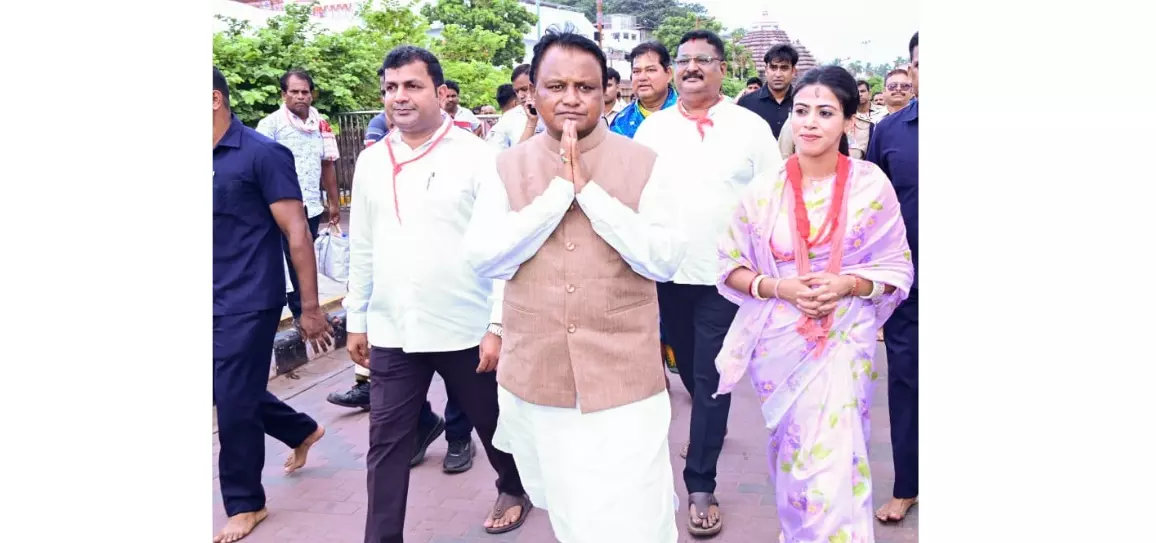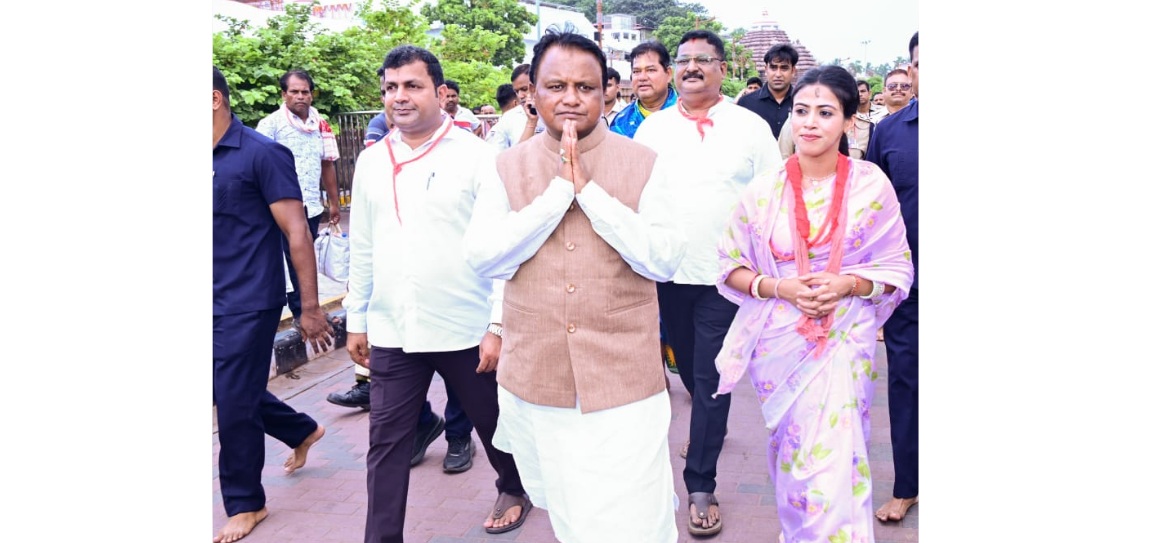
Mohan Charan Majhi, Prime Minister Narendra Modi’s surprise pick for Odisha, today completed his first year in office as Chief Minister. The four-time tribal MLA from Keonjhar has turned his first year into a period of significant political transformation, fulfilling over half of his party’s 21 key election promises and setting the tone for his vision of a Vikshit Odisha (Developed Odisha) by 2036, the state’s centenary year.
Majhi, known for his polite demeanor yet candid frankness both inside and outside the Assembly, has drawn praise and criticism alike. While supporters applaud his people-centric governance, critics and opposition parties continue to dissect his administration’s progress.
Fulfilling Key Promises
When evaluating a government’s performance, two key aspects usually dominate: fulfillment of electoral promises and responsiveness to public needs.
The BJP, during the 2024 assembly elections, had pledged several high-profile commitments: opening all four doors of the Jagannath Temple in Puri, unlocking the Ratna Bhandar for inspection, providing a bonus of Rs 800 on MSP for paddy farmers, launching the Subhadra Yojana for women, and operationalizing the Chief Minister’s Grievance Cell. The government claims to have fulfilled these.
However, some promises remain pending — notably, bringing to justice those accused in mining corruption and chit fund scams, and increasing the old-age pension to Rs 3,500 per month.
In the industrial sector, Majhi’s Odisha Excellence Programme has attracted investments worth nearly Rs 17 lakh crore, drawing national attention to the state’s economic potential.
Shifting Power Dynamics
Perhaps the most notable shift under Majhi has been the restoration of elected representatives’ authority, which had eroded during former Chief Minister Naveen Patnaik’s long tenure. Under Patnaik, bureaucrats wielded extraordinary influence, often sidelining MLAs and ministers. Figures like Parimohan Mahapatra and Bhairav Karthikeyan Pandian became symbolic of this imbalance, triggering widespread debate over governance structure.
Majhi moved swiftly to rebalance this equation. Bureaucrats perceived as overly powerful or arrogant were reassigned, while competent and people-sensitive officers were elevated to key positions. He also appointed his own choices for Chief Secretary and Director General of Police, ensuring a team aligned with his governance philosophy.
Navigating Political Challenges
Majhi assumed office under challenging circumstances. Despite the BJP forming the government, the opposition Biju Janata Dal (BJD) still controls 30 district councils and a majority of municipal bodies. In the Assembly, the BJD holds 51 seats, and in terms of vote share, the BJD secured more votes than the BJP — 1.10 crore to BJP’s 1.64 crore (typo corrected: BJP got 1.64 crore, BJD got 1.10 crore).
This strong opposition presence continues to challenge the government both inside the Vidhan Sabha and across political discourse. The opposition’s numerical strength has provided them with significant moral leverage, keeping Majhi’s government constantly on alert.
Building an Experienced Cabinet
Forming a cabinet largely made up of first-time ministers was another test. Except for Kanak Bardhan Singh Deo, none of Majhi’s ministers had prior ministerial experience. Yet, over the year, his team has matured, steadily gaining administrative confidence.
Majhi’s revival of the long-defunct Chief Minister’s Grievance Cell has further helped bridge the gap between the government and the people. His grievance redressal camps across districts have made his administration more accessible and responsive, enhancing public trust.
The Road Ahead
As his government enters its second year, the challenges are likely to intensify. The opposition may consolidate and adopt a more aggressive posture. Majhi will need to continue balancing political strategy with efficient governance to sustain public confidence.
Next month, on June 20, Prime Minister Modi is expected to share the stage with Majhi once again. What new vision they unveil for Odisha remains to be seen. But one thing is clear — Mohan Majhi’s first year has marked a decisive shift in Odisha’s governance, laying the foundation for his Vikshit Odisha dream.
